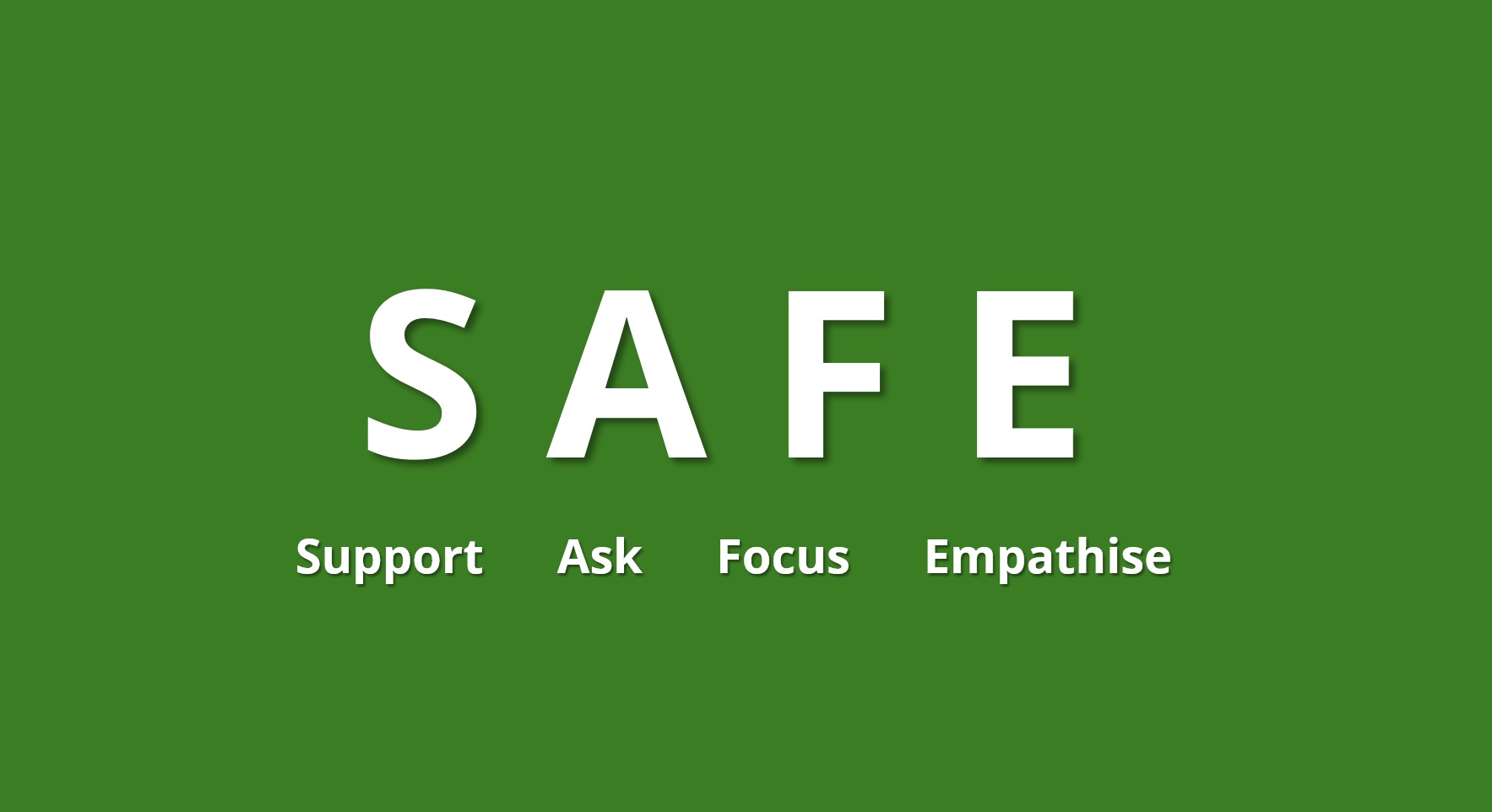Good listening is not a passive activity. In truth, good listeners can actually improve the communication dynamic between the Sender and Receiver.
That’s why I like this simple device of SAFE to show how to listen better.

Communications is dynamic, meaning it’s a back-and-forth tennis match of words and emotions beteen the Sender and the Receiver. While most communication advice is focused on the speaker, it’s also true that the Receiver can plan a more active part from the beginning to improve the dialogue.
Good Listening is S A F E
Funny how some advice from the Stone Age – say, 1971 – can remain relevant. This morning, I found an article using the anagram SAFE from What Good Listeners Do, by Karen Middleton at the American Management Association. Similar to Peter Drucker’s SMART objectives, it has many forms and renderings. Here’s my own variation, broadening it slightly from its original area of client service.
The best listeners are “SAFE.” They …
Support the speaker, encouraging he or she to tell their story, using their own words, from their own perspective.
Ask open-ended questions, to keep the speaking talking, to elict more information to add depth and detail, and to understand what the speaker is truly trying to say.
Focus completely on the speaker. They don’t allow any distractions – especially their own opinions, positions, agendas or egos – to prevent them from hearing the speaker.
Empathize with the speaker, their feelings and their concerns.
Empathize is the most vital aspect of listening. In his book(perhaps the best overall book on the subject), Michael Nichols says: “Listening is the art by which we use empathy to reach across the space between us. Passive attention does not work.” Elsewhere, Nichols paraphrases himself when he found himself not listening to a client. “I wasn’t interested in them, I was more interested in me.”
If you were listen more closely to one key person in your life – personally or professionally – how might your relationship with that person change?
Finally, here’s a good complementary article: What Good Listeners Actually Do from the Harvard Business Review, July 2016. (You may need a subscription to read.)
Personally, I don’t think there’s a more difficult skill to teach than listening. What’s your thoughts on the importance of listening? What tricks or tips have you learnt to improve how you listen? Please add your thoughts and comments below.


No comment yet, add your voice below!